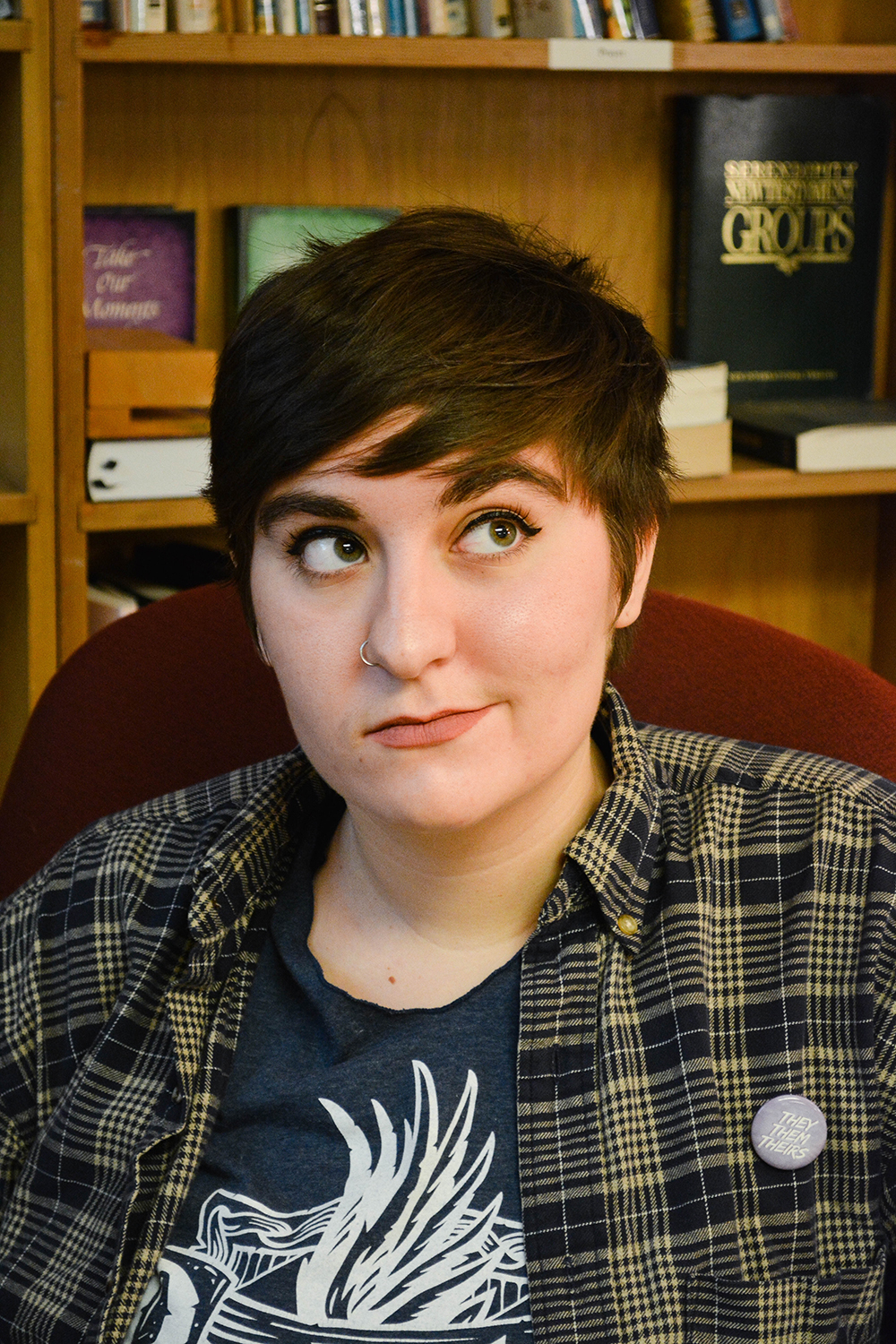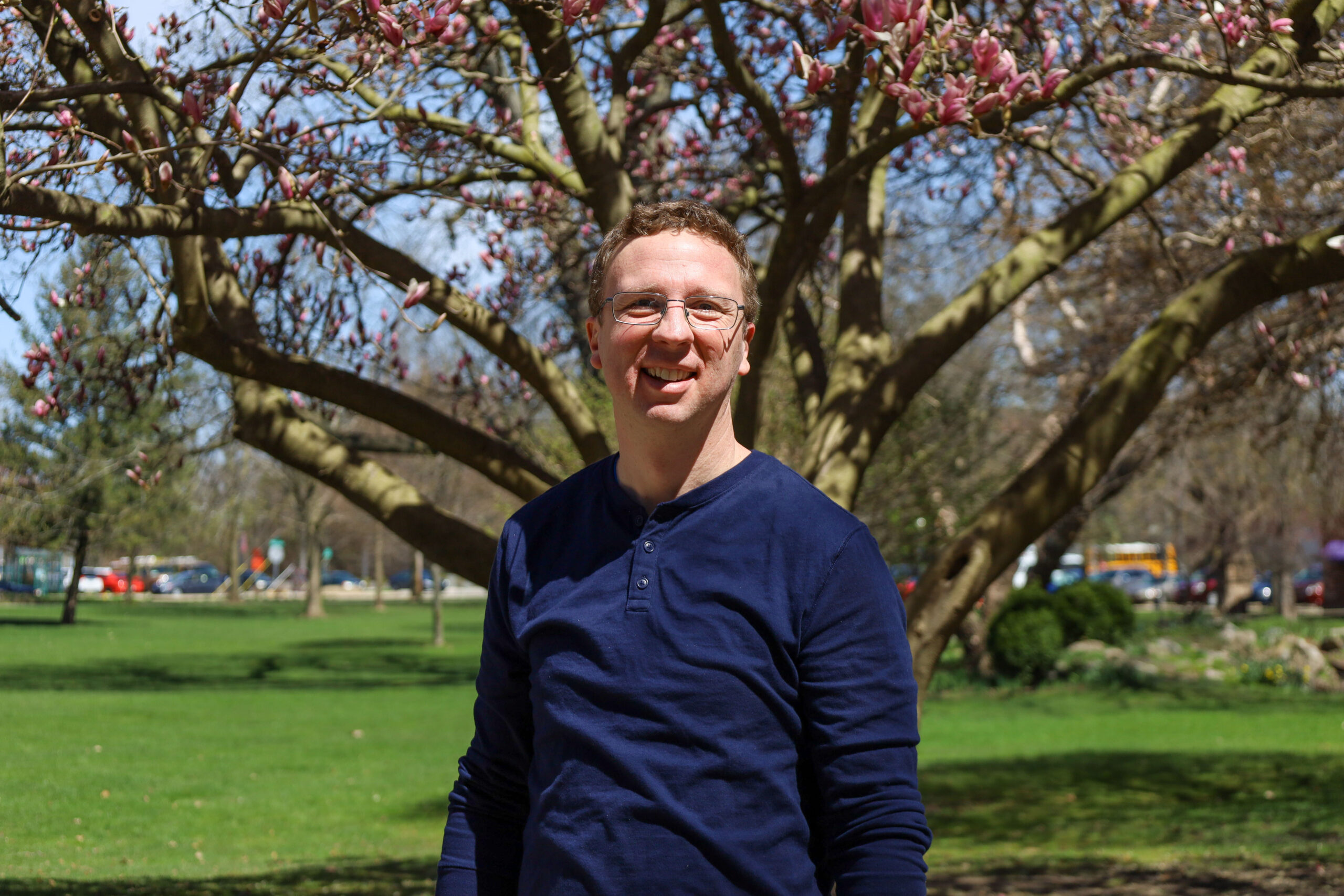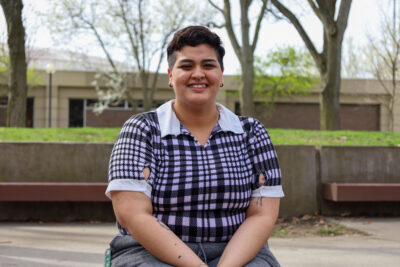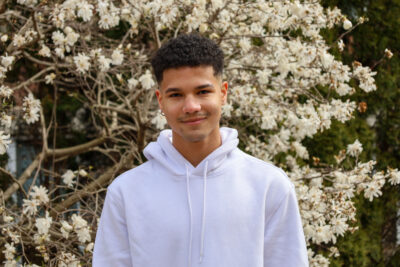I am transgender. More specifically, I identify as nonbinary. That means that I don’t identify as male or female. I’m something else. Both, neither, everything – I don’t know.
Some of you reading this will disagree with me. If you don’t think people like me exist, I suggest you stop reading this piece and look up gender throughout history. Plenty of cultures have more than two genders.But I’m not writing this piece to give a history lesson that you can give yourself if you’re curious. If you have questions, Google is free. And if you know me, feel free to ask. I’m willing to answer. Just know that I don’t speak for all nonbinary people and I never will. I only speak for myself. I have my own experiences, and that’s what I’m going to be telling all of you today.
I have never in my life felt like a girl. I look like a girl, even when I’m presenting relatively masculine. I have a “woman’s body,” if you will. I’m curvy, short, have a chest and a higher voice. Don’t get me wrong. I love dresses and makeup, and I love being in Women’s World Music Choir. I relate to the struggles of womanhood because close to 100% of the world sees me as such.
How the world sees you really puts struggle and sexism into a new perspective, and sexism against me becomes all the more complex because homophobia and transphobia are also thrown into the mix in an overt way. It doesn’t make life easy. But despite my body and a birth certificate that has a big fat “F” in the gender section, all the dresses that I own, the way the world interacts with me, I am not a woman, because sex and gender are different things.
Biological sex isn’t even binary either. You’d be surprised how little XX and XY have to do with body and gender. But we’re taught that they are binary, that everyone is one or the other. We as a society are barely at the point where we recognize that not everyone is the gender they are assigned at birth; once we start talking about more than gender, people get confused. They get frustrated. Say that it’s a weird teenager internet thing, despite the fact that the idea of nonbinary people has been around in Western societies for decades. We are taught to never use pronouns other than “he” or “she” to describe singular people. That alienates people like me. And it’s painful to live in a world that is so obviously designed for people who are not like you.
Notice how earlier I said “how the world interacts with me” and not the other way around. While society sees me as a woman and treats me as such, I interact with the world as a nonbinary person and always have. It means that I notice when the world is not made for me. Many even think language is not made for people like me.
I use they/them pronouns. When you’re talking about me, you say things like “They are going to school at Goshen College” or “they are eating pasta.” I know English majors reading this are cringing, but we use the singular they all the time when we don’t know a person’s gender, and have done this since the 14th century. It’s only when people ask that you use they/them exclusively to describe them that people freak out.
On campus, I’m never sure which bathroom to use, although the women’s restroom tends to be safer. I live in a “women’s” apartment and have lived in “women’s” housing all of college, despite the fact that I am not a woman.
On paper, I am seen as something and someone that I am not at this school. And as much as I love Goshen College, that hurts. This school’s definition of gender was not made for people like me, and that turns people like me away from this school and makes us feel unsafe when we shouldn’t be.
If you have questions, there’s a workshop on Body and Gender Identity as a part of Healthy Bodies Week in NC 17 Monday, Feb. 12, at 10 a.m. I am a part of the planning committee for this event, and we would love for you to come participate. I’m not the only trans person or even the only nonbinary person on this campus. We’ve been around since the beginning and will continue to be. Those of us who don’t identify with a binary gender are waiting to be heard. We’re waiting for you to listen.



